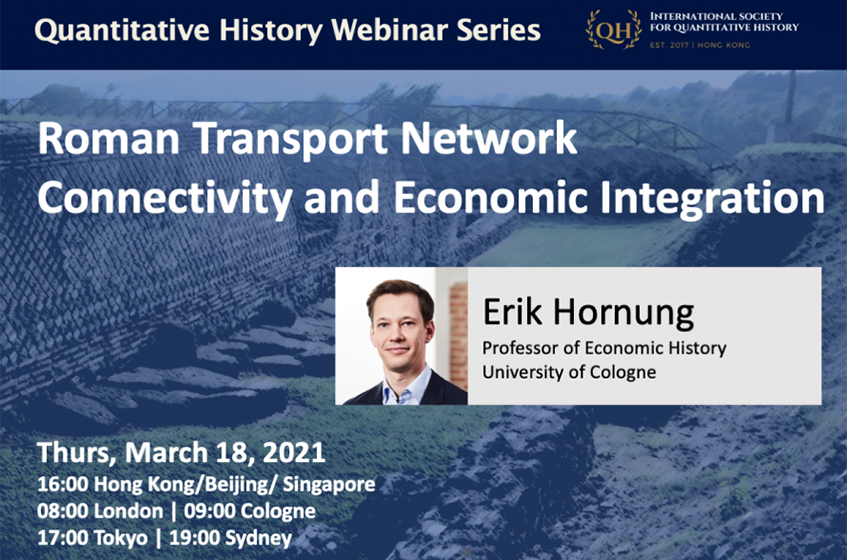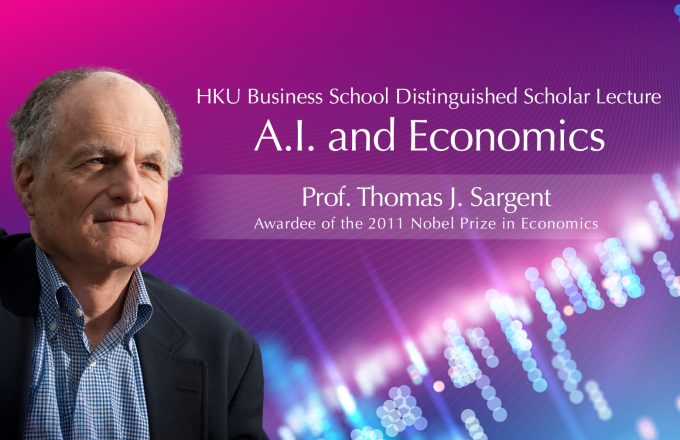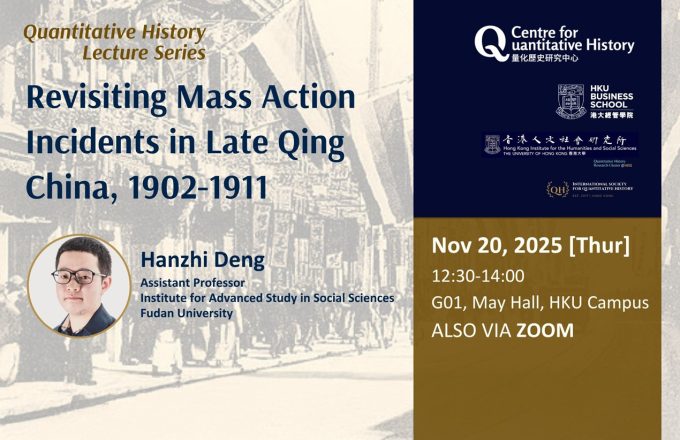
Roman Transport Network Connectivity and Economic Integration
Roman Transport Network Connectivity and Economic Integration
Large-scale transport infrastructure projects shape connectivity patterns and determine the distribution of economic activity across space by altering the physical costs of exchange. While many studies investigate the effects of changing trade costs and transport infrastructure on the local level of integration, researchers know surprisingly little about the potential origins of systematic differences in bilateral transport connectivity and information frictions between regions. In this Quantitative History Webinar, Erik Hornung of University of Cologne will present his latest research which shows that the creation of the first integrated multi-modal pan-European transport network during Roman times influences economic integration over two millennia.
Drawing on spatially highly disaggregated data on excavated Roman ceramics, Erik and his co-authors document that contemporary interregional trade was influenced by connectivity within the network. Today, these connectivity differentials continue to influence integration as approximated by cross-regional firm investment behaviour. Continuity is partly explained by selective infrastructure routing and cultural integration due to bilateral convergence in preferences and values. These results are Roman-connectivity specific and do not reflect pre-existing patterns of exchange using pre-Roman trade data.
Policy makers and economists need to be aware of the history of bilateral exchange and the concurrent integration of attitudes and tastes when evaluating the welfare effects of infrastructure projects and regional policies and when discussing the optimal allocation of infrastructure resources.
Live on Zoom on March 18, 2021
16:00 Hong Kong/Beijing/Singapore
08:00 London | 09:00 Cologne | 17:00 Tokyo | 19:00 Sydney
Calculate your local time
The Quantitative History Webinar Series, convened by Professor Zhiwu Chen and Dr. Chicheng Ma of The University of Hong Kong (HKU), aims to provide researchers, teachers and students with an online intellectual platform to keep up to date with the latest research in the field, promoting the dissemination of research findings and interdisciplinary use of quantitative methods in historical research. The Series is co-organized by the International Society for Quantitative History, HKU Business School, and the Asia Global Institute (AGI).
Conveners:
Professor Zhiwu Chen
Dr. Chicheng Ma







